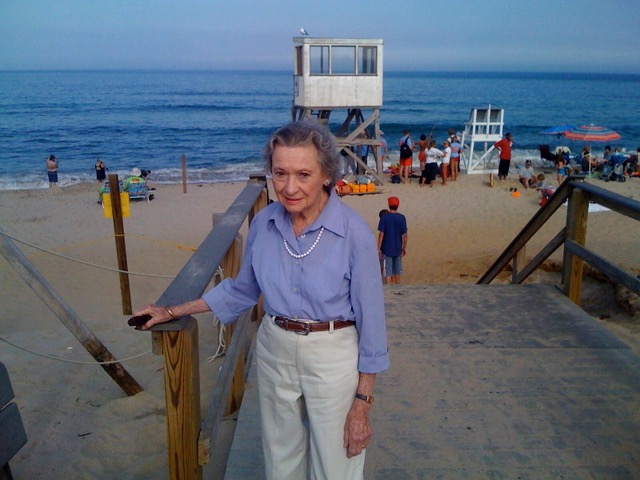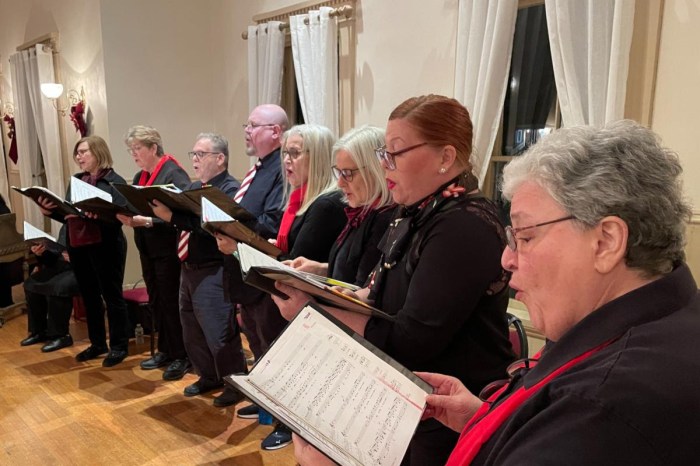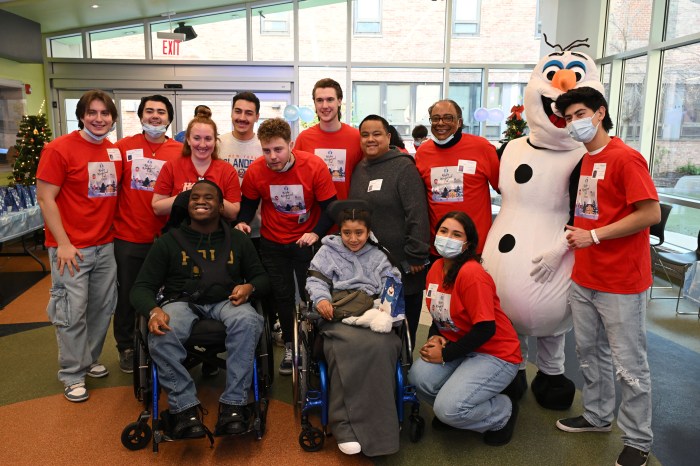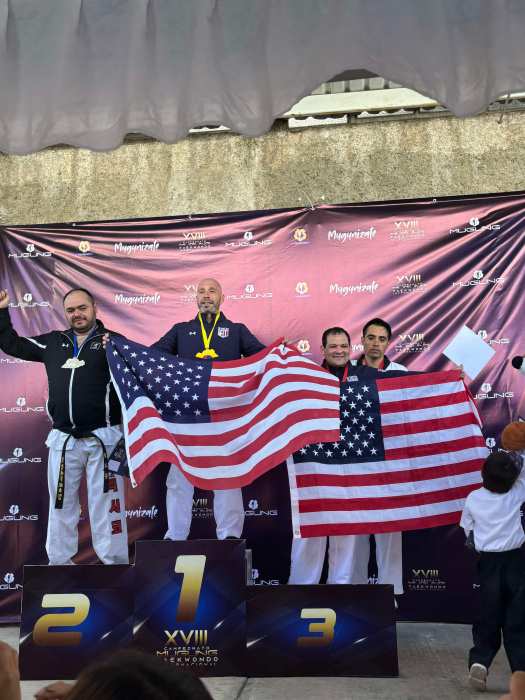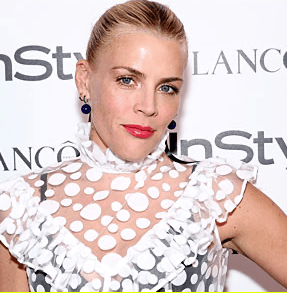Joan Brown Wettingfeld, a historian, teacher, journalist and lifelong resident of Bayside, died on Jan. 11 in Flushing Hospital. She was 98.
Born on Jan. 31, 1921, in Manhattan to Joseph H. Brown — an educator and businessman — and Ann Nemec — a nurse at Lenox Hill hospital — Joan and her two sisters, Audrey and Eileen, moved to Bayside when Joan was 9 years old. Joan attended PS 130 and began her upper school education at Flushing High School by being named Valedictorian of the first graduating class of the newly-built Bayside High School 1938.
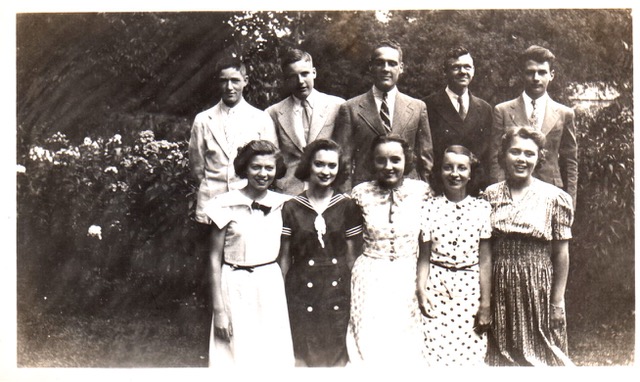
Joan attended Barnard College, serving as president of her class in her junior year. “My father marched us to Barnard,” she recalled in an interview done with Barnard Magazine, “and he told me and my sisters that we could do anything a man can do. They gave me a full scholarship all four years. I commuted from Bayside and enjoyed school. I got everything I could have desired.” She was named Phi Beta Kappa and graduated Summa Cum Laude with a major in History in 1942.
Joan was offered several scholarships to prominent colleges to continue her education but chose to stay in New York, attending Columbia University and eventually earning a Masters Degree in Political Science. Early jobs included serving as assistant to the head of Student Affairs, working at National City Bank and functioning as secretary and editor for the managing editor of Columbia University Press on the Columbia Encyclopedia.
Joan met the love of her life, Henry Wettingfeld, also a Columbia University graduate, when the pair were introduced by their dating siblings. On their second date, while waiting for the train home, the pair waltzed in Penn Station, a fitting beginning for their almost 50-year romance. On Dec. 2, 1944, they were married when Henry was on a three-day leave from working on the then-secret Manhattan Project. They spent much of their first year of marriage apart, as did so many other couples, Joan working on decoding for the government and Henry in a laboratory. On Aug. 7, 1945, the day after the first nuclear bomb was dropped on Hiroshima, Henry phoned to say, “Now you know what I was working on.”
After the war, life returned to normal. Joan and Henry raised two children, Jon and Karen, and Joan continued as an independent journalist, writing articles on a broad range of topics for various magazines. In 1960 Joan began her return to the educational system by becoming a member of the Bayside School Board.
She next became a substitute teacher, working at PS 41 among other schools. In 1968 Joan once again became a student, this time at St. John’s University where she earned a Masters Degree in Library Science. At the time, few schools had designated librarians so Joan didn’t hesitate to say yes when the principal of PS 26 in Fresh Meadows asked her to establish a library there and become its first librarian. Joan spent many years there, making knowledge live for her students, coordinating programs with other teachers and writing grant proposals for the school. Joan spent her last few years teaching a bit closer to home at PS 203 in Oakland Gardens, teaching fifth and sixth grade. Former students often visited to say hello and seek guidance for history projects they were working on in high school and college.
Joan’s love of history was brought to life in the community of Bayside when her father, Joseph H. Brown, himself a teacher and historian, created first the Bayside Beautification Committee and then, in 1964, the Bayside Historical Society. As founding members, Joan and Henry worked tirelessly with Joe Brown and others to preserve the history of Bayside, as well as its environs, planting trees along Bell Boulevard, preserving the Lawrence Family cemetery, landmarking the Fort Totten Officer’s Club (later to become the Historical Society’s headquarters) and establishing the Alley Pond Restoration Committee, which lead to the Alley Pond Environmental Center we know today.
In the early 1990s Joan began writing articles on the area’s history for the Bayside Times, and in 1994, after the death of her beloved husband, Joan approached then-publisher Steven Blank and asked if he would be interested in running a regular history column. He was, and for nearly two decades Joan brought the rich and diverse history of Bayside and the surrounding area to life in her weekly columns in the Times Ledger newspapers. “I spend a week looking for material,” she told Barnard Magazine. “That keeps me busy. I take my time, to see what would appeal to people, getting subjects. This keeps me going.”
As she said in a Barnard Reunion program, “I am proud, too, of the accomplishments of my generation of graduates of Barnard who led the way long before there was a general awareness of women’s roles. Though I am brought up short by the certain knowledge of the years behind me, I still look eagerly to the future for there are still ‘miles to go.’ I continue to believe that one remains ‘young’ by virtue of an unending curiosity about life, by continued involvement in the world about us and by the desire to pursue learning wherever the opportunity presents itself.”
Although her miles are now done, Joan Wettingfeld leaves a legacy of learning, achievement and community responsibility that will last forever.
Joan is survived by her son, Jon Wettingfeld, her daughter and son-in-law Karen and John Greene, and her sister Eileen Chamberlain. If you wish to pay tribute to Joan Wettingfeld, First Lady of Bayside, the family suggests donations to either the Bayside Historical Society or to Barnard College.

